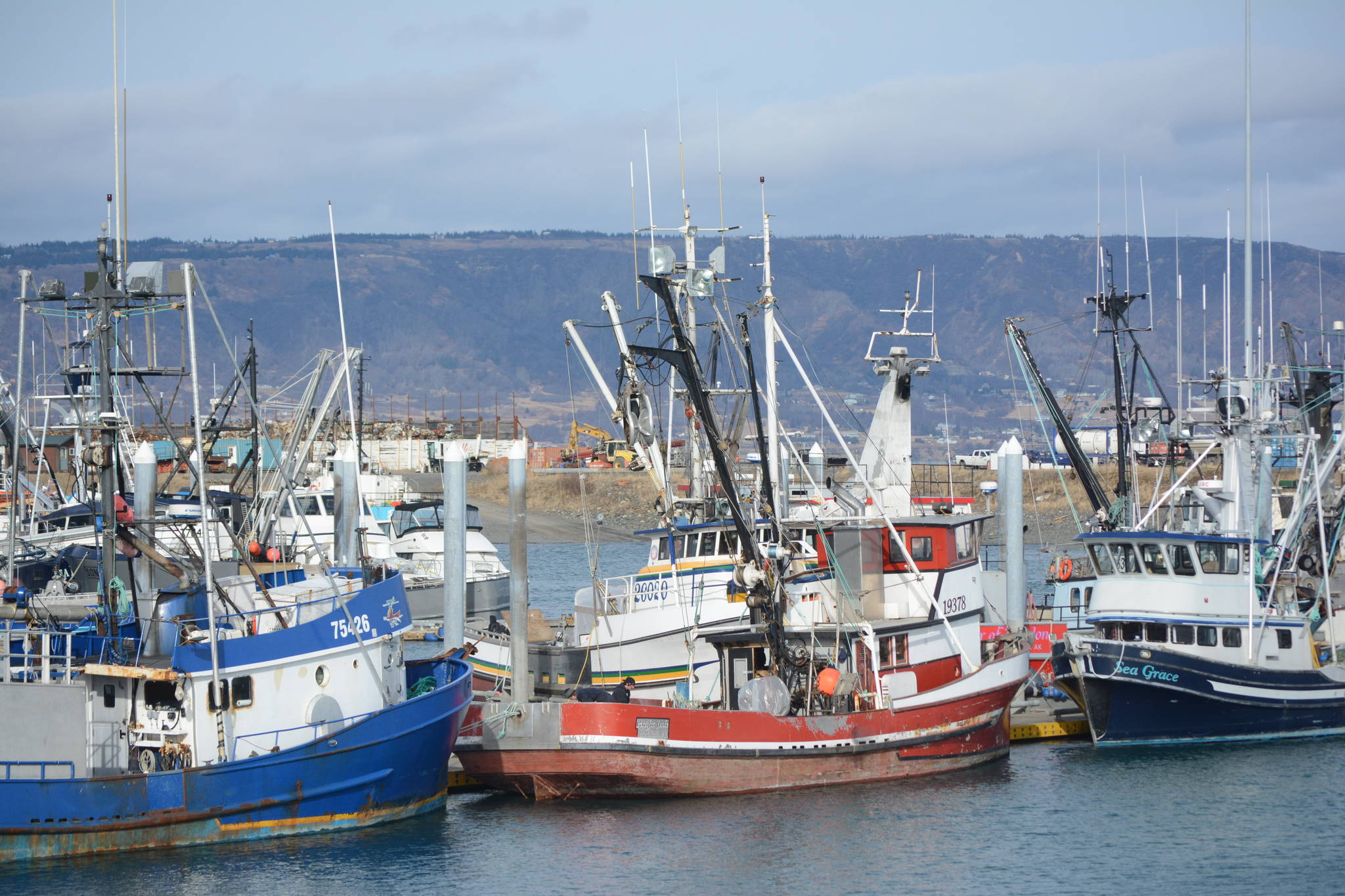The Alaska Marine Conservation Council is touting the passage of the Young Fishermen’s Development Act passed by the U.S. Senate, a major milestone for policy that had a companion bill passed in the House of Representatives and which AMCC has spent years advocating for.
News of promising COVID-19 vaccine trials even offers glimmers of hope for future in-person events.
The bipartisan bill, championed by Alaska Senators Lisa Murkowski and Dan Sullivan, both Republicans, and Democratic Senator Edward Markey of Massachusetts, is designed to mitigate the challenges facing the next generation of entrants into the fishing industry by supporting regional training opportunities and apprenticeship programs.
In a press statement, Sullivan said, “Alaska is the unquestioned superpower of seafood, thanks to our world-class, sustainably-managed fisheries and our countless hard-working fishermen. The sustainability and endurance of this vital industry, which employs more people in Alaska than any other, depends on up-and-coming qualified fishermen. I thank my Senate colleagues for passing our legislation to reduce basic barriers to entry through new grants, training opportunities and apprenticeship programs. Helping the next generation of Alaskans enter our fisheries will help ensure Alaska remains the superpower of seafood.”
With his East Coast perspective, Markey added, “Despite centuries of fishing tradition in Massachusetts’s coastal communities, new fishermen are finding it a challenge to join the industry. Our legislation will help ensure that our fishing industry continues to attract and grow future generations of young fishermen. More young men and women will be pushing off the dock into new careers and fully participating in the economy of their communities. I thank my colleagues for their partnership on this hopeful legislation and look forward to enacting it into law.”
In recent years, incoming generations of commercial fishermen seeking to enter the industry have met new challenges and higher barriers to entry, contributing to several shifts in the demographics of commercial permit holders. In several regions, commercial fisheries have seen an increase by 10 years or more in the average participant’s age over the previous generation of fishermen, and rural communities have lost 30% of local permit holders. Several studies suggest this “graying of the fleet” has led to an increase in financial capital and risk needed to enter into the commercial fishing industry.
Modeled after the U.S. Department of Agriculture’s successful Beginning Farmer and Rancher Development Program, this legislation creates the first federal program dedicated to training, educating, and assisting the next generation of commercial fishermen.
The Young Fishermen’s Development Program would include a competitive grants program for collaborative state, tribal, local, or regionally-based networks or partnerships; a mentorship/apprenticeship program to connect retiring fishermen and vessel owners with new and beginning fishermen; financial support for local and regional training and education in sustainable and accountable fishing practices, marine stewardship, and business practices; and technical initiatives that address the needs of beginning fishermen.
The act will now be considered by the House.
Cristy Fry can be reached at realist468@gmail.com



